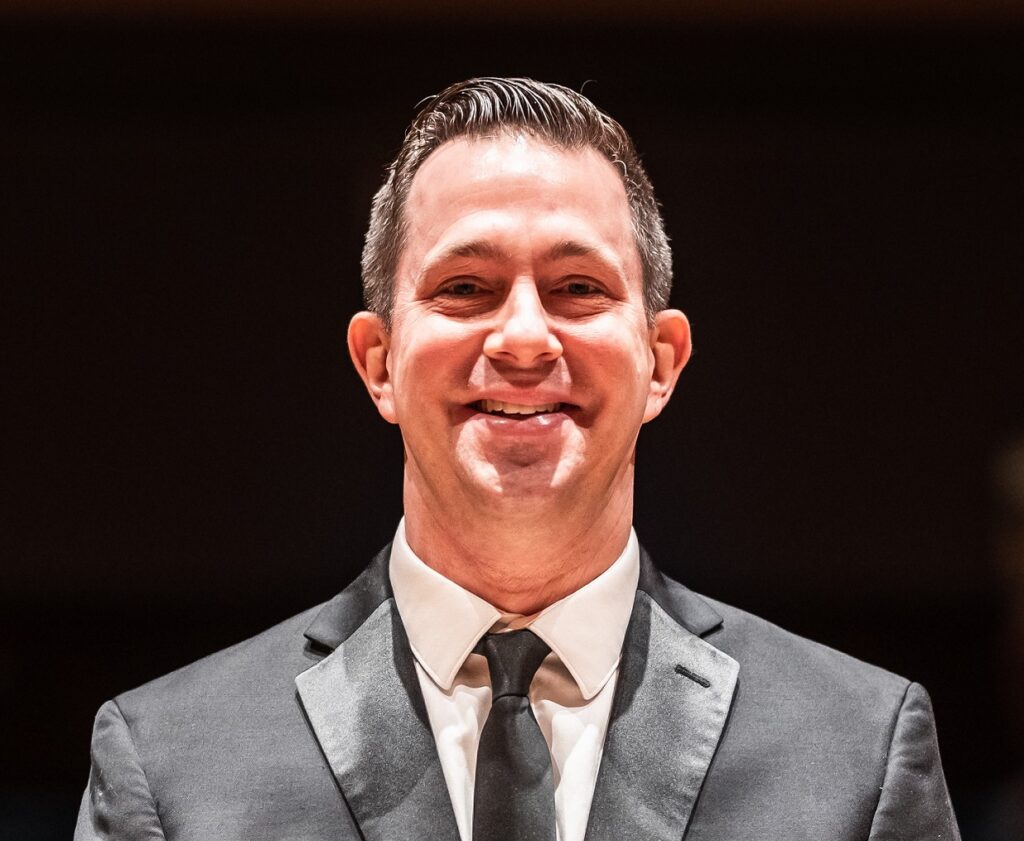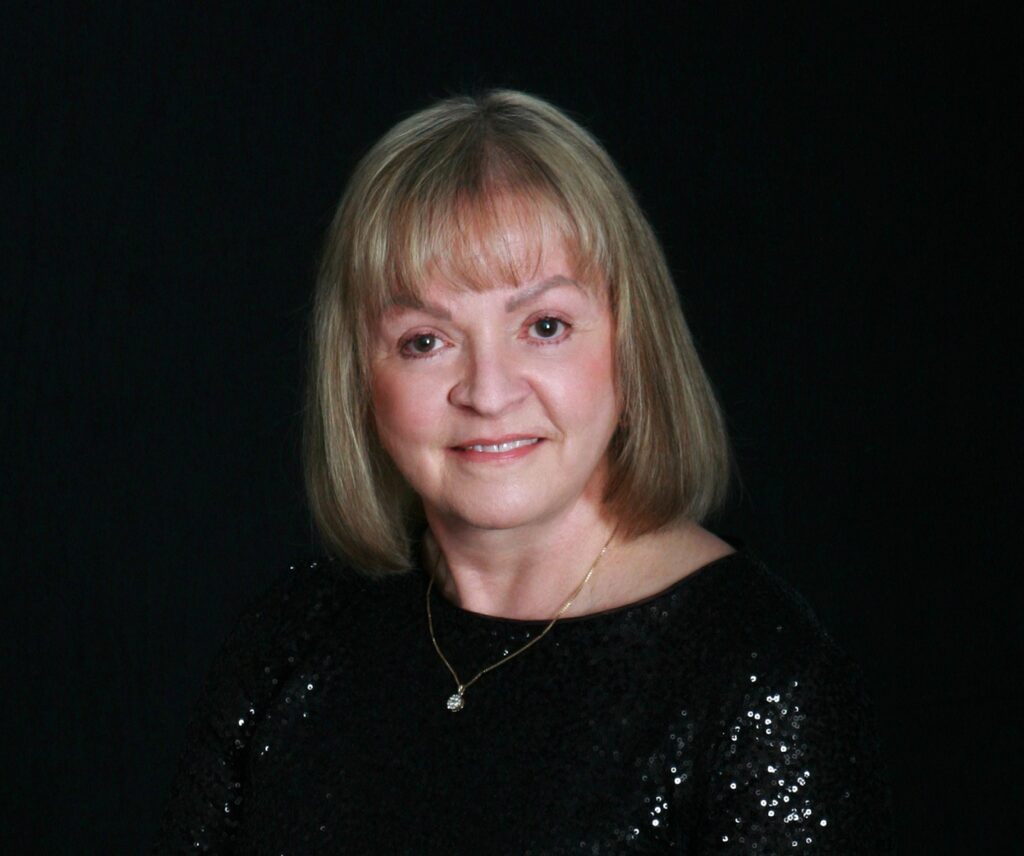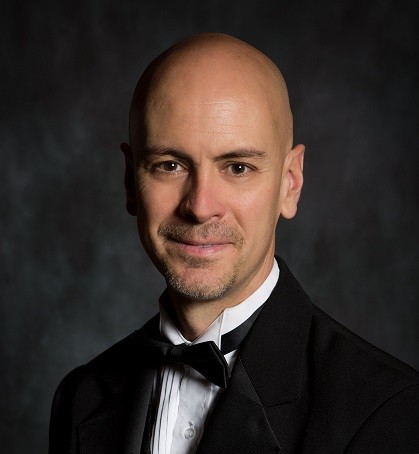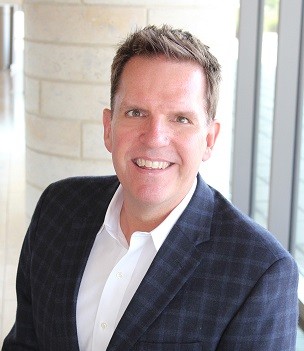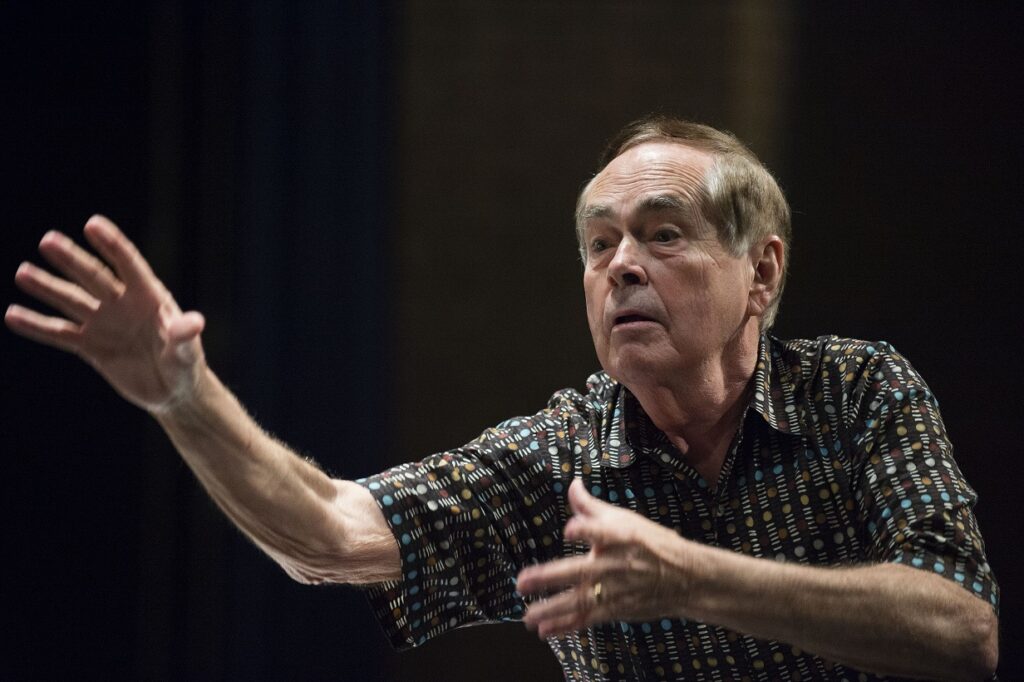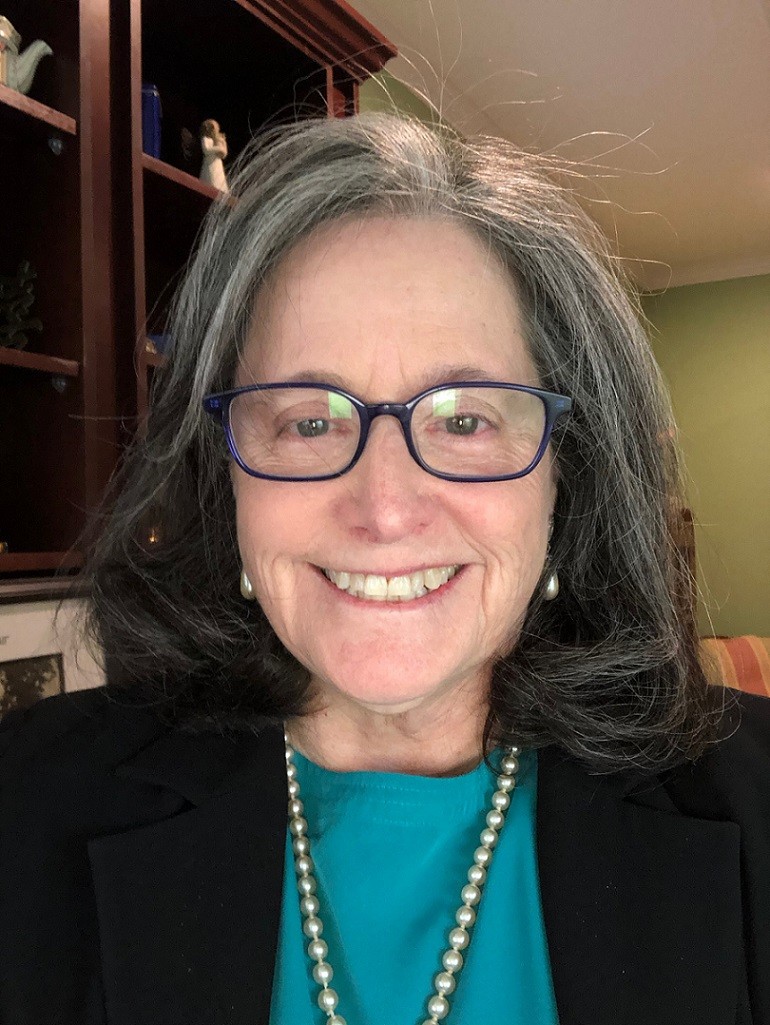Tagged Under:
Q&A with Yamaha Master Educator Marcia Neel
Yamaha Master Educator Marcia Neel is full of zeal and enthusiasm for music education.
Marcia Neel is Senior Director of Education for Yamaha Corporation of America. She is president of Music Education Consultants Inc., and serves as the education advisor to the Music Achievement Council.
In this capacity, she presents sessions with practical success strategies for music educators at state music conferences, district in-service days and dealer workshops. Neel is also a Yamaha Master Educator.
Q. When did you know that you were going to make music the focus of your professional life?
A. I can’t remember a time when I didn’t know that my life would revolve around music. I started piano lessons in 2nd grade and was selected to be in a city-wide choir in 4th grade, but it was in the 8th grade that my junior high school choral director provided me with opportunities to accompany as well as conduct the school choir. That was it! Fortunately, he was also the high school choir director, so along the way, I was provided with many additional opportunities to expand on those experiences.
Q. What book is on your nightstand right now?
A. “Becoming” by Michelle Obama
Q. Other than music, what brings you inspiration?
A. A high degree of excellence in any field inspires me and motivates me to continue seeking the same in myself. Having said that, I’m especially inspired by young people who have met and surpassed challenges and realized great success as a result of being actively involved in music-making.
 Q. What is the most embarrassing moment of your life that you can share?
Q. What is the most embarrassing moment of your life that you can share?
A. On a flight from Columbus to Boston, the plane experienced sudden and extreme turbulence while I was walking in the aisle. The flight attendant sternly told me to sit down and grabbed me by the shoulders and threw me over a man’s lap who was sitting on the aisle. The way I landed on that man’s lap on my way to plopping down in the empty middle seat was really embarrassing — there was some very awkward body contact! I ended up marrying that man, and we have been together for over 40 years. To this day, I believe that the turbulence on that flight was divine intervention!
Q. What piece of music do you wish you had written and why?
A. “Cockeyed Optimist” from South Pacific. It’s me to a T!
Q. Why is music important to humanity?
A. Music provides us with the ability to connect and communicate with one another in an honest and profound way that leads to bringing out the best in everyone. It is uniquely human and a vehicle of emotional expression that far surpasses the spoken word. It serves as a microcosm of emotions as evidenced by its powerful ability to transport us from one place to another in a matter of moments. It teaches us that the whole is bigger than the sum of its parts yet it completes us as individuals at the same time. Perhaps Henry Wadsworth Longfellow summarized it best when he observed that, “music is the universal language of mankind.”
Q. What is your favorite guilty pleasure food?
A. Peanut butter fudge — OMG!
Q. Which person from history, dead or alive, would you want to have lunch with and what would you discuss?
A. I would love to see “Hamilton” with Barack Obama then hang out afterward and talk about whatever comes up. Since he is such an authority on the Constitution, I would also love to spend time learning more about his interpretation of the intent of the Founding Fathers when they authored the original document.
Q. What is your biggest pet peeve?
A. Laziness — absolutely hate it!
Q. Why is it important to protect access to music education?
A. Music-making brings us together through the creative process and binds us for a lifetime. It transcends all cultures and teaches us acceptance and tolerance through the gestalt of the music-making experience. Not to minimize the innate value of performing great music, engagement in music programs also teaches students empathy and contributes to personal growth by developing characteristics that lead to the lifting of the spirit of mankind. We must continue to ensure that ALL students are provided with these life-changing opportunities.










